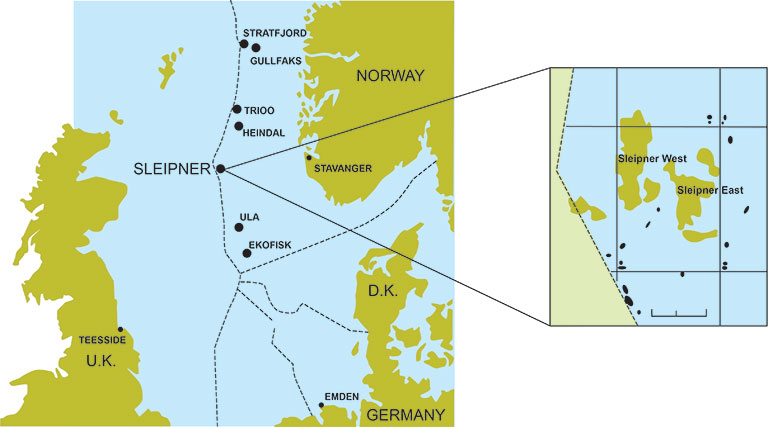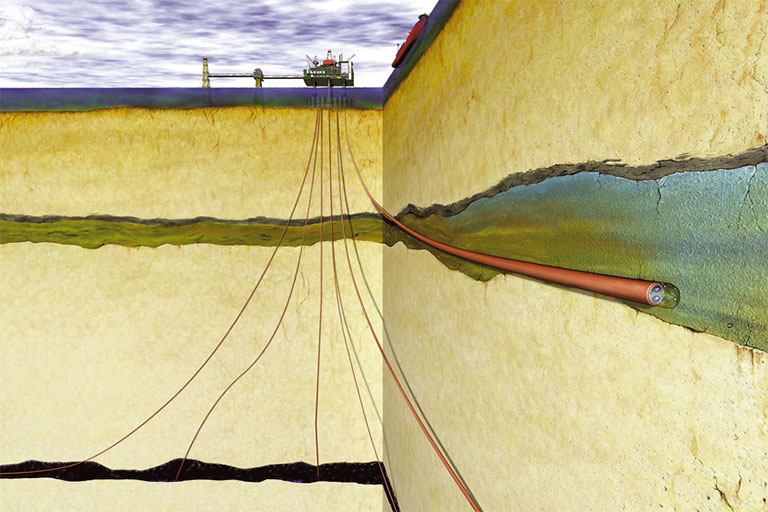Global warming is another mega-environmental problem that faces our generation, in addition to the deteriorating water resource availability. The injection of the greenhouse gas CO2, captured from point sources like coal-fired power plants, into deep geological formation shows great technical promise in abating continued CO2 rise in atmosphere.
The injected CO2 will acidify the resident brine, causing dissolution of minerals already in the reservoir, precipitation of secondary minerals, and changes of rock porosity and permeability. However, the fundamentals of geochemical and hydrological processes in this engineered geological system (e.g., thermodynamics and kinetics) are the same for natural processes such as diagenesis and ore deposit formation. Therefore, the studies of CO2-water-rock interactions for CCS have broad significance as well.
Global warming is another mega-environmental problem that faces our generation, in addition to the deteriorating water resource availability.
My contributions and past projects under the CCS umbrella, together with my collaborators, are (1) thermodynamic models of CO2 and H2S solubility, (2) the first equation of state for the H2S-CO2-H2O-NaCl quaternary system, (3) reactivity experiments for sandstones and caprocks, and (4) the simulation of the CO2 plume migration and chemical reactions in both model systems and a real geological system, the CO2 injection site at Sleipner, Norway. The fundamental scientific questions are how chemical reactions proceed in a geological system through space and time. Results of CO2 partitioning among the gas phase, brine, and carbonate minerals also have regulatory significance as it pertains to the long-term safety of the CO2 storage. Our on-going efforts are the simulation of multi-phase, multi-components flow and transport using high performance computers and the evaluation of the geochemical consequence of impurities in CO2 stream such as H2S and SO4.




